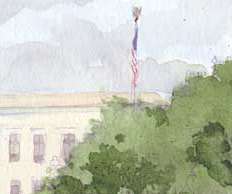Supreme Court will consider major case on power of federal regulatory agencies
SCOTUSBlog
MAY 1, 2023
Natural Resources Defense Council , the Supreme Court ruled that courts should defer to a federal agency’s interpretation of an ambiguous statute as long as that interpretation is reasonable. On Monday, the Supreme Court agreed to reconsider its ruling in Chevron. Share Nearly 40 years ago, in Chevron v.














Let's personalize your content